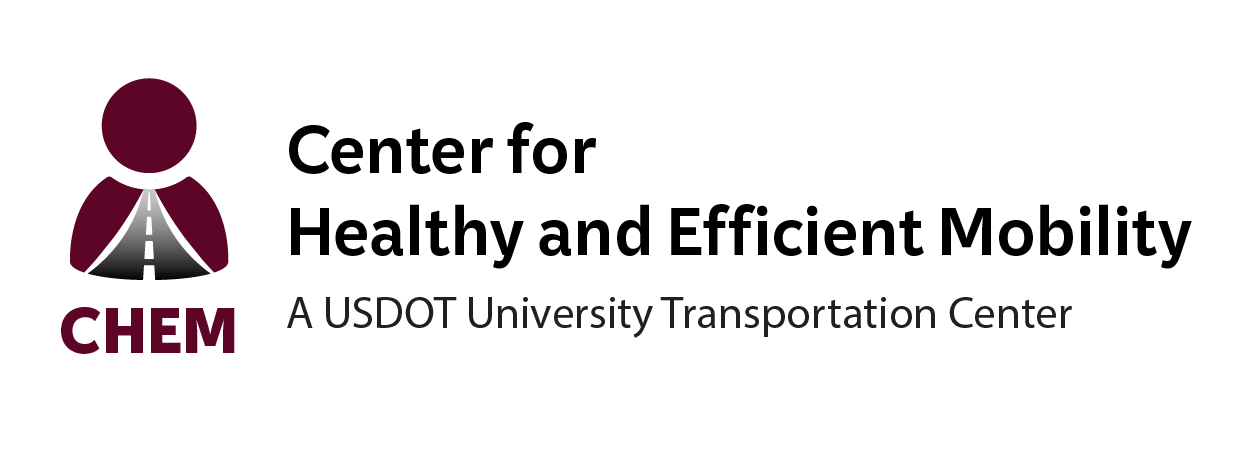Estimation Technique
The Street Mobility Project Toolkit was created to help cities and towns across the United States create more livable, sustainable, and equitable communities. The Toolkit provides a step-by-step guide for local leaders and residents to identify opportunities and implement solutions that make walking, biking, and taking public transit safe, convenient, and attractive transportation options.
The Toolkit is organized around five key strategies:
1. Complete Streets: Designing streets that are safe and welcoming for everyone, regardless of age, ability, or mode of transportation.
2. Connected Networks: Creating a connected system of sidewalks, bike lanes, and transit routes.
3. Traffic Calming: Slowing down traffic to create safer streets for people walking, biking, and taking public transit.
4. Safe Routes to School: Encouraging more children to walk and bike to school.
5. Parking Management: Ensuring that parking is fair, convenient, and affordable.
The Toolkit is organized around five key strategies:
1. Complete Streets: Designing streets that are safe and welcoming for everyone, regardless of age, ability, or mode of transportation.
2. Connected Networks: Creating a connected system of sidewalks, bike lanes, and transit routes.
3. Traffic Calming: Slowing down traffic to create safer streets for people walking, biking, and taking public transit.
4. Safe Routes to School: Encouraging more children to walk and bike to school.
5. Parking Management: Ensuring that parking is fair, convenient, and affordable.
